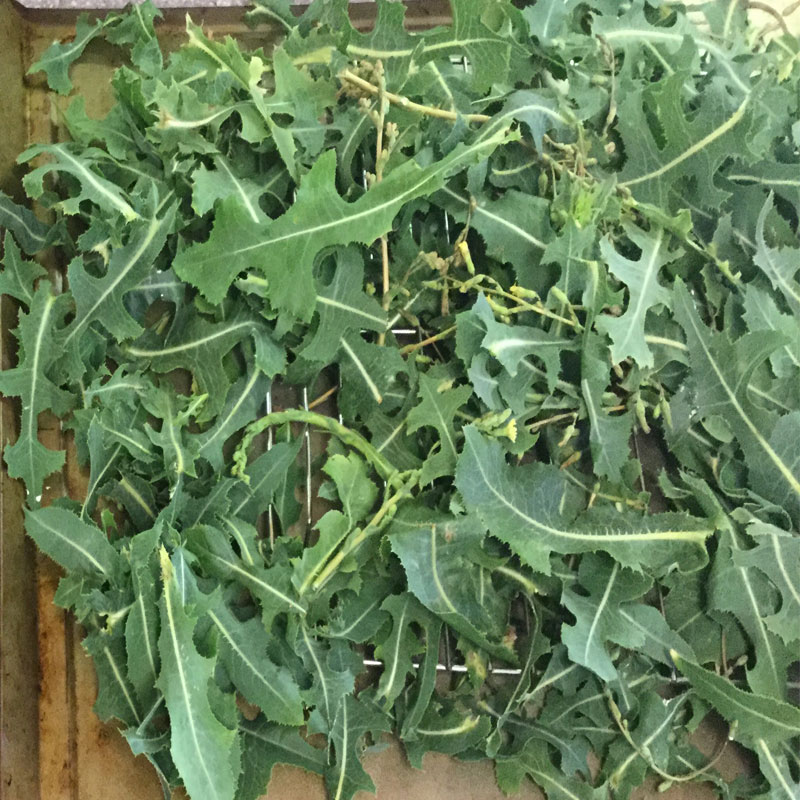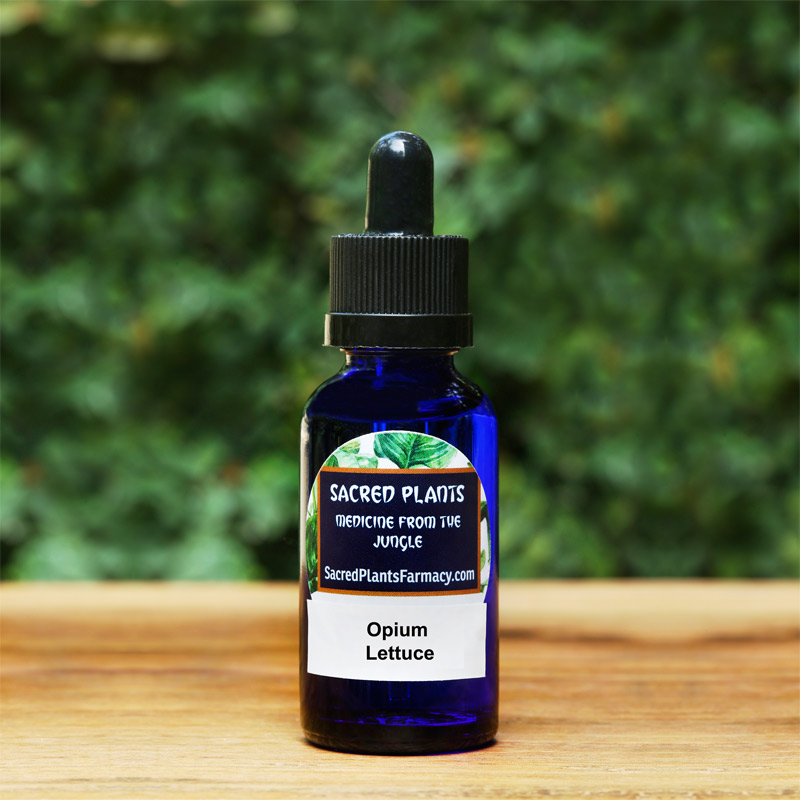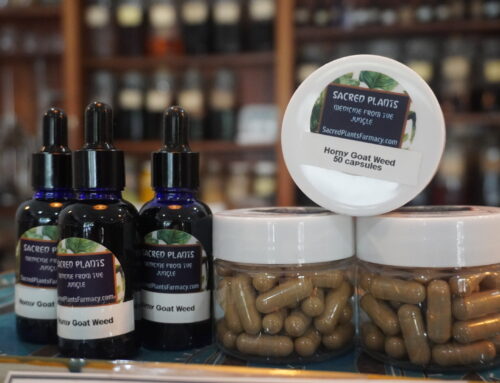- Whooping cough
- Mucous inflammations of the bronchial tract
- Asthma
- Urinary tract diseases
- Insomnia
- Restlessness
- Painful menses (works well with Motherwort tincture)
- Muscular or joint pains
- Aiding circulation
- Head and body aches with a cold or flu
Wild lettuce dates back to Ancient Greece when around 430 BC, Hippocrates, the Father of Medicine, described the opiate-like effects of its sap.
The Egyptians used this potent lettuce to increase their sex drive, likely due to the plant’s stimulating effects at higher doses. (we don’t recommend this use, and have better produces for that)
By the 19thcentury, doctors used wild lettuce in place of opium when supplies were low.
It was also used during the US Civil War when laudanum (a liquid opium preparation) was not available for pain.
The Polish also studied wild lettuce extensively during this time, as doctors noticed that even though it had opioid effects, it had none of the side effects of the highly addictive drug. The results of this research were published in several 19th-century Polish journals. “The action of the substance was weaker than that of opium, but free of the side-effects, and medical practice showed that in some cases lactucarium produced better curative effects than opium.”
According to one study, just a 30 mg dose of lactucopicrin, the active compound, is comparable to a 60 mg dose of ibuprofen.
The milky sap of Opium lettuce contains sesquiterpene lactones, which are essentially the active chemicals responsible for its opiate and pain-relieving properties.
Dosage ~ as a tincture, 0.5 – 3 mL three times daily.
Precautions:
Pregnancy and breast-feeding: Not enough is known about the use of wild lettuce during pregnancy and breast-feeding. Stay on the safe side and avoid use.
Enlarged prostate (benign prostatic hyperplasia, BPH): Don’t use wild lettuce if you have this condition.
Allergy to ragweed and related plants: Wild lettuce may cause an allergic reaction in people who are sensitive to the Asteraceae/Compositae family.
Narrow-angle glaucoma: Don’t use wild lettuce if you have this eye condition.
Surgery: Stop using wild lettuce at least 2 weeks before a scheduled surgery.
The statements made within this website have not been evaluated by the Food and Drug Administration. These statements and the products of this company are not intended to diagnose, treat, cure or prevent any disease.






